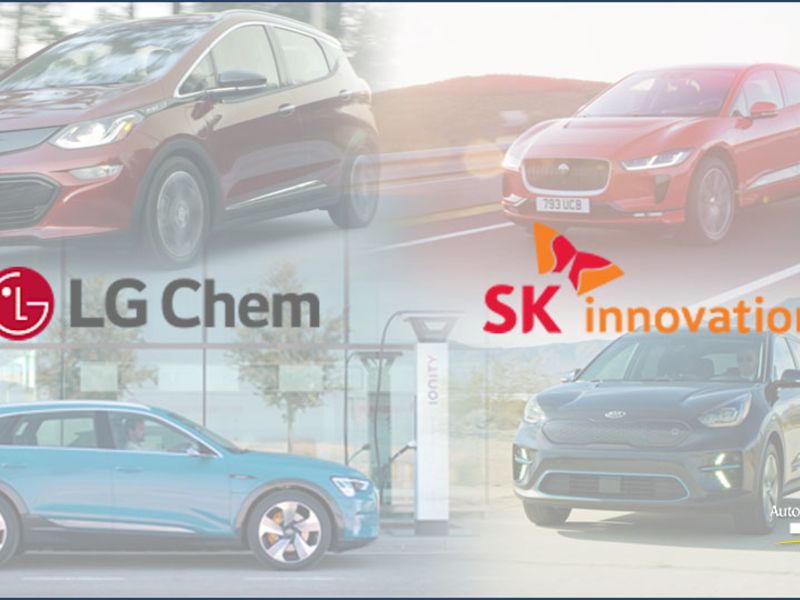
WASHINGTON/DETROIT — When President Joe Biden flies to Georgia Friday, he will land in the middle of an increasingly politicized battle between two South Korean electric vehicle battery makers and the state and federal politicians who want to prevent their feud from costing American jobs.
The companies, LG Chem and rival SK Innovation Co, are trying to take advantage of past and promised U.S. investments, and ties to politicians in Georgia, Ohio and Tennessee, to win the end game in a long-running legal dispute over intellectual property and access to the growing U.S. electric vehicle market.
The Biden Administration, through the U.S. Trade Representative’s office, may ultimately pick a winner by the early April deadline. Both declined to comment.
The global auto industry is racing to develop EVs. Batteries made by LG, SK and other suppliers are critical to meeting the target of building zero-emission vehicles.
Georgia is the center of action. Unless the White House intervenes, SK says a Feb. 10 ruling by the International Trade Commission would force it to halt construction on a $2.6-billion factory in a state whose two newly-elected Democratic Senators are the linchpin of Biden’s slim Democratic Congressional majority.
Democratic Georgia Sen. Raphael Warnock told Reuters he has spoken with the Biden administration and hopes a deal can be reached. “I am working to make sure Georgians will benefit from the jobs they were promised.”
LG wrote to Warnock, arguing SK is “holding the people of Georgia hostage in a last-ditch lobbying effort to avoid settling.” LG said, if SK abandoned the plant, LG “will do our best to fill in any voids.”
Concern in Georgia is bipartisan. On Friday, Governor Brian Kemp, a Republican, urged Biden to overturn the decision, noting SK’s plant will employ nearly 2,600 people in the largest foreign investment in Georgia history. “Simply put: the livelihoods of thousands of Georgians are now in your hands.”
Battleground states
LG’s political allies warn that reversing the ITC could hurt workers in Michigan and Ohio, also key political battleground states.
LG is nearing completion of a cell manufacturing plant in Ohio with General Motors and sources said they are in talks to build a second facility in Tennessee.
“LG Chem’s stolen intellectual property should not be used to directly compete against Ohio workers at the new factory or the Ohio- and Michigan-based businesses in the factory’s supply chain,” Ohio Gov. Mike DeWine wrote in a March 8 letter to Biden.
In Tennessee, home to SK customer Volkswagen’s U.S. assembly plant, state economic development chief Bob Rolfe said politics and jobs take center stage.
“You can weigh certainly the political side of this and then you also need to weigh the impact to the economy,” said Rolfe, who declined to support either battery maker.
LG said it plans to invest more than $4.5 billion in U.S. battery production over the next four years and build at least two plants, including possibly in Georgia. LG insists it can handle auto industry’s battery needs if SK abandons its Georgia plant.
SK said LG’s spending plans are meant to sway Biden and added it would be impossible for LG to handle the VW and Ford Motor Co. contracts.
“Georgians know the difference between our real commitment to the state and LG’s paper promises,” an SK spokeswoman said.
SK warned Chinese manufacturers may replace lost battery capacity, striking a chord with some lawmakers sensitive to ceding ground to a major trade rival.

